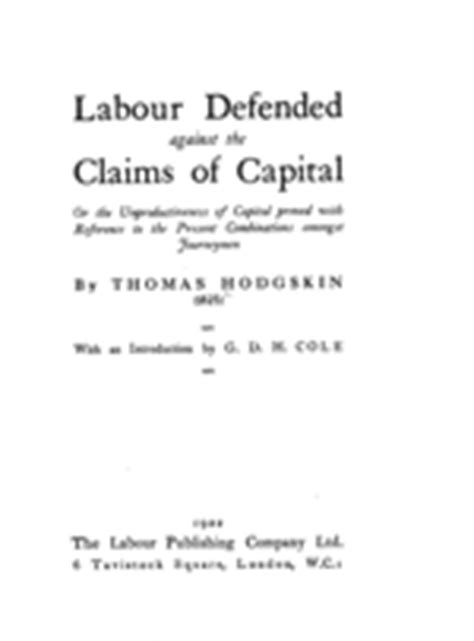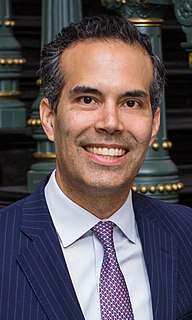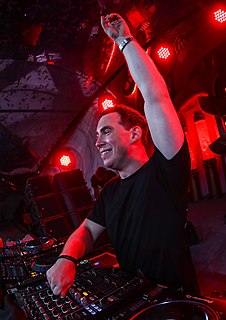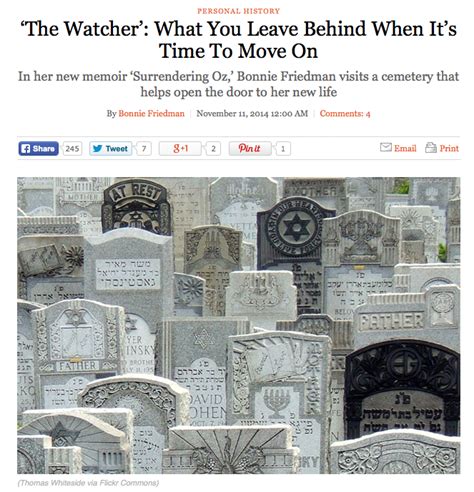A Quote by John Banville
How I envy writers who can work on aeroplanes or in hotel rooms. On the run I can produce an article or a book review, or even a film script, but for fiction I must have my own desk, my own wall with my own postcards pinned to it, and my own window not to look out of.
Related Quotes
The fiction I've written and published is certainly inflected by the work of authors I was reading or translating at the time. One of my methods for developing my own voice in fiction, a process I am taking very slowly and deliberately, is through these very intense encounters with certain writers. Strength and power in fiction is being able to resist these intoxicating voices, recognizing that they are the signatures of other writers and not one's own.
I have a number of symptoms that are neurotic and are constricting in the sense that if I had a brilliant idea for a film that had to be shot in Tulsa, OK I would tear it up and throw it away. Anything outside of New York, 'cause I can't exist in a hotel outside of my own home, I have to be in my own home and my own environment. This is a neurotic symptom that is constricting to my work even.
I look in a right of property - on the right of individuals, to have and to own, for their own separate and selfish use and enjoyments, the produce of their own industry, with power freely to dispose of the whole of that in the manner most agreeable to themselves, as essential to the welfare and even to the continued existence of society.
A democracy flirts with the danger of becoming a slave in direct ratio to the numbers of its citizens who work, but do not own / or who own, but do not work; or who distribute, as politicians do, but do not produce. The danger of the "slave state" disappears in ratio to the numbers of people who own property and admit its attendant responsibilities under God. They can call their souls their own because they own and administer something other than their souls. Thus they are free.
Sure there are people who do everything "I do my own beats, my own lyrics, my own mixing, my own mastering, my own art, my own booking, my own managing, my own merch" it's like... ya that sucks, it can't be very good for you, and might be why you aren't getting ahead because you really need to focus on the music where others should be focusing on those other aspects.
What the Supreme Court did in Citizens United is to say to these same billionaires and the corporations they control: 'You own and control the economy, you own Wall Street, you own the coal companies, you own the oil companies. Now, for a very small percentage of your wealth, we're going to give you the opportunity to own the United States Government.' This is the essence of what Citizens United is all about - and that's why it must be overturned.
To be truthful, some writers stop you dead in your tracks by making you see your own work in the most unflattering light. Each of us will meet a different harbinger of personal failure, some innocent genius chosen by us for reasons having to do with what we see as our own inadequacies. The only remedy to this I have found is to read a writer whose work is entirely different from another, though not necessarily more like your own—a difference that will remind you of how many rooms there are in the house of art.
At 13 years old, I realized I could start my own band. I could write my own song, I could record my own record. I could start my own label. I could release my own record. I could book my own shows. I could write and publish my own fanzine. I could silk-screen my own T-shirt. I could do this all myself.







































